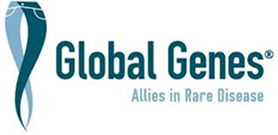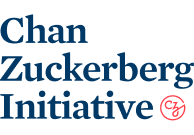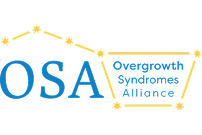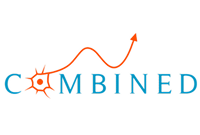Your Participation Matters. Together, We Can Make a Difference.
Research is the key to understanding Tatton Brown Rahman Syndrome (TBRS) and improving care, therapies, and outcomes for individuals living with the condition. The more families that get involved, the faster we can make progress.
We strongly encourage all members of the TBRS Community—patients, families, and caregivers—to participate in research initiatives. Together, we can shape the future of TBRS care and treatment.

Why Your Participation Matters
By participating, you’re helping accelerate discoveries that could improve care and lead to new treatments. Research on TBRS is crucial for:
Understanding how TBRS affects different systems of the body
Identifying effective therapies and treatments
Establishing clinical guidelines for TBRS care
Giving scientists and doctors the tools they need to improve quality of life for individuals with TBRS
Current Research Opportunities
Count Me In for TBRS
Building a global community of TBRS patients and families
Facilitating large-scale studies that provide valuable data for researchers
TBRS and DNMT3A Patient Registry
This patient registry helps with:
Gathering de-identified data to support research
Tracking the progression of TBRS in individuals
Connecting patients with ongoing studies and clinical trials
Biorepository & CRID
Providing samples for genetic, molecular, and cellular research
Linking samples to Patient Registry data using Clinical Research IDs (CRID)
Patient Priority Survey
Prioritizing research goals and questions
Ensuring that research addresses real-world challenges for families
Brain Gene Registry
Studying the genetic underpinnings of neurodevelopmental aspects of TBRS
Investigating ways to improve cognitive outcomes
What to Expect
Participating in research is an important step toward advancing the understanding of TBRS. Here’s what to expect when you sign up for a research opportunity:
Informed consent
You’ll receive all necessary information and consent forms before participating.
Confidentiality
Your information will be kept confidential, and only de-identified data will be shared.
Flexible participation
You can choose how involved you’d like to be, and there’s no pressure to continue if it’s not the right fit.
Thank you for considering participation in TBRS research.
Together, we can make a real difference in the lives of those living with TBRS!






